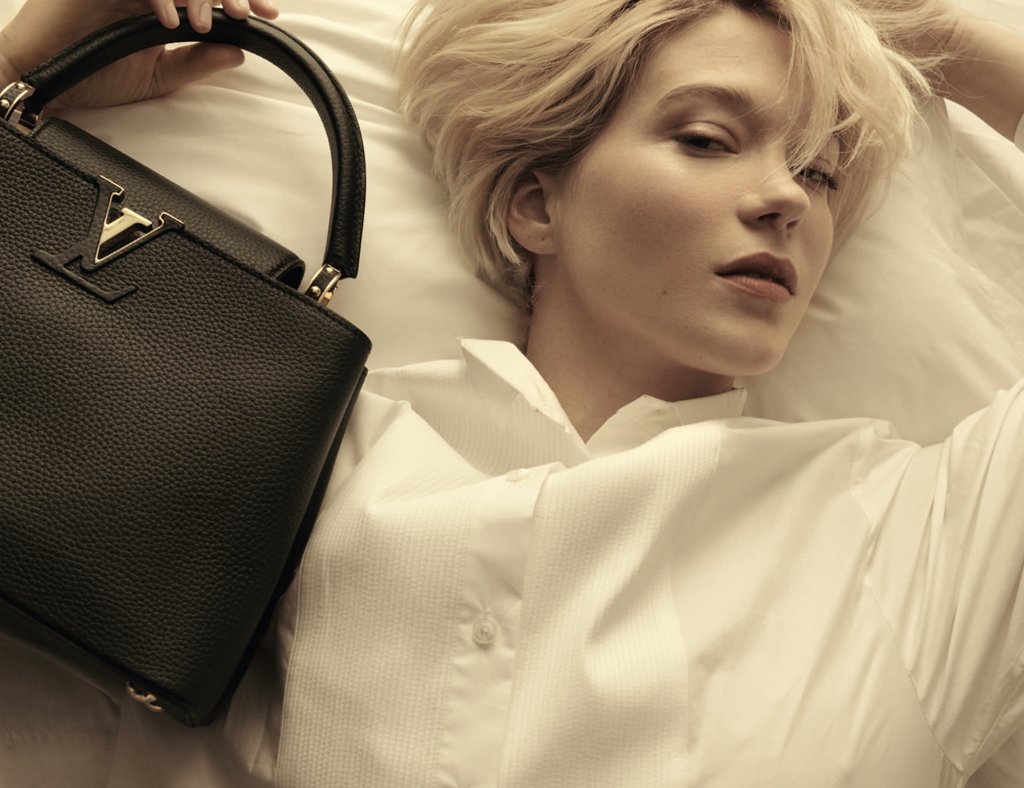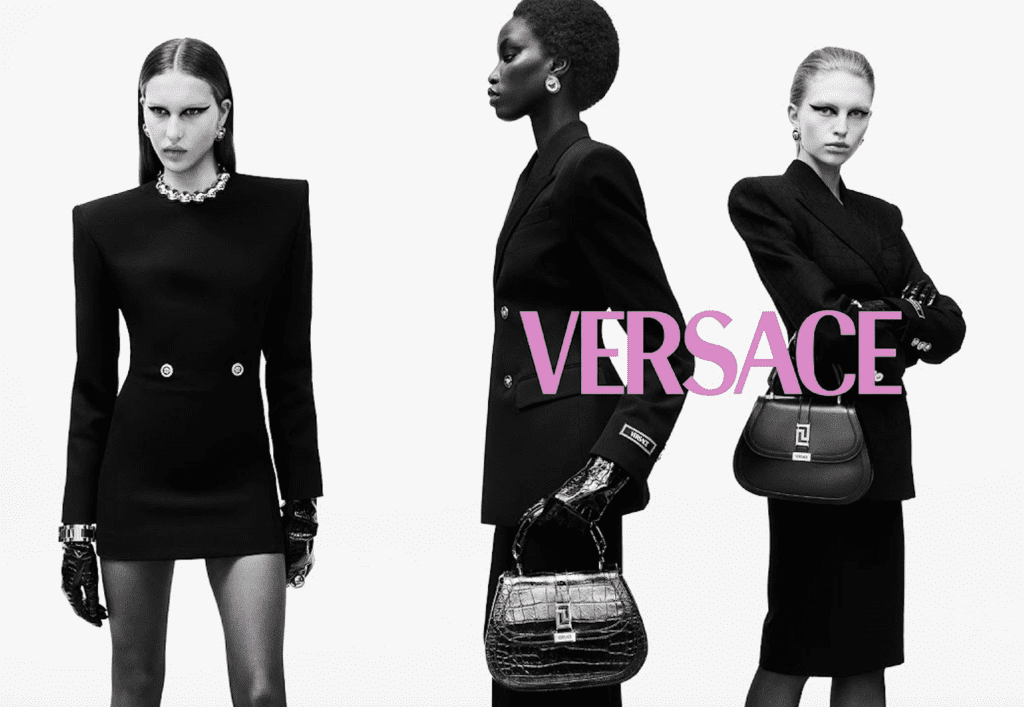LVMH Moët Hennessy Louis Vuitton’s revenues amounted to 14 billion euros ($16.72 billion) for the first quarter of 2021, up by 32 percent compared to the same period last year, beating analysts’ expectations for the first three months of 2021, and positioning the group to “continue to gain market share” throughout the year. “The quarter marks a return to growth after several quarters of decline during 2020,” LVMH revealed in a statement on Tuesday, noting that “with the exception of Selective Retailing, which was still impacted by the restrictions on international travel,” all of its various divisions “contributed to the good performance” for the quarter.
The Paris-based luxury goods conglomerate highlighted its Fashion and Leather Goods division, which had “an excellent start to the year and achieved record levels of revenue.” The usual-standout segment boasted sales of 6.74 billion euros ($8.05 billion) for the 3-month period, an increase of 52 percent on a year-over-year basis (and up by 37 percent compared to the first quarter of pre-pandemic 2019). Such growth was driven by rebounds for the group’s major brands, including Louis Vuitton and Dior, and “market share gains thanks to local clients,” in Asia and the U.S., where LVMH posted double-digit growth. “Europe is still affected by the crisis due to the impact of store closures across several countries and the suspension of tourism,” per LVMH.
Elsewhere in the LVMH portfolio, the group revealed that organic revenue in the Perfumes & Cosmetics division grew 18 percent in the first quarter of 2021 compared to the same period in 2020 and was down 4 percent compared to the same period in 2019. Beauty brands “benefited from the continued growth in online sales from local customers, which offset the impact of the suspension of international travel and the closure of many points of sale,” per LVMH.
At the same time, the group reiterated that the “major brands” in this segment “continued to be selective in their distribution and limit promotions,” a seeming nod to the comment that it made in its annual report in January, in which it revealed that “in a sector suffering from the decline in international traveler spend and makeup, LVMH’s major brands chose to be selective in their distribution and, unlike certain competitors, limited promotions and refused to sell indirectly to the Chinese parallel market, which presents major risks to the medium term desirability for brands that follow that route.”
Still yet, LVMH’s Watches & Jewelry segment recorded organic revenue growth of 35 percent in the first quarter of 2021 compared to the same period of 2020 and 1 percent compared to that of 2019, with the quarter “marking the integration for the first time of the iconic jewelry Maison, Tiffany & Co, which saw an excellent start to the year.” Speaking of Tiffany & Co., the group stated that the “positive perimeter effect related to first consolidation of Tiffany & Co. more than offset negative currency impact.”
In a note on Tuesday, Bernstein analyst Luca Solca stated that “best in class names like LVMH” are likely to “benefit from strong structural positions and high mega-brand traction” as discretionary demand continues through 2021 and 2022. There are, nonetheless, a number of risks at play for the likes of LVMH, with a “resurgence of the Covid-19 pandemic in China” being “the biggest risk for the sector and LVMH.” Beyond that, Solca claims that “higher competition in beauty retail – especially in the USA – and continuing pressure on make-up can weigh heavy on [LVMH-owned] Sephora,” and still yet, “Covid-19 normalization could swing consumer spend back to experiences from products, which could create growth headwinds at the end of the 2021 fiscal year and in early 2022.”
In an earnings call on Tuesday, as highlighted by Bernstein, LVMH management revealed that the group is “currently devoting its resources to Tiffany’s integration and slow turnaround and is not considering other M&A for the moment.” It also continues to “prioritize” an omni-channel strategy, “with no material changes forecasted in store footprint in Europe.” E-commerce sales are expected to normalize (to around 10 percent of total sales), per LVMH, but that has not happened yet.











